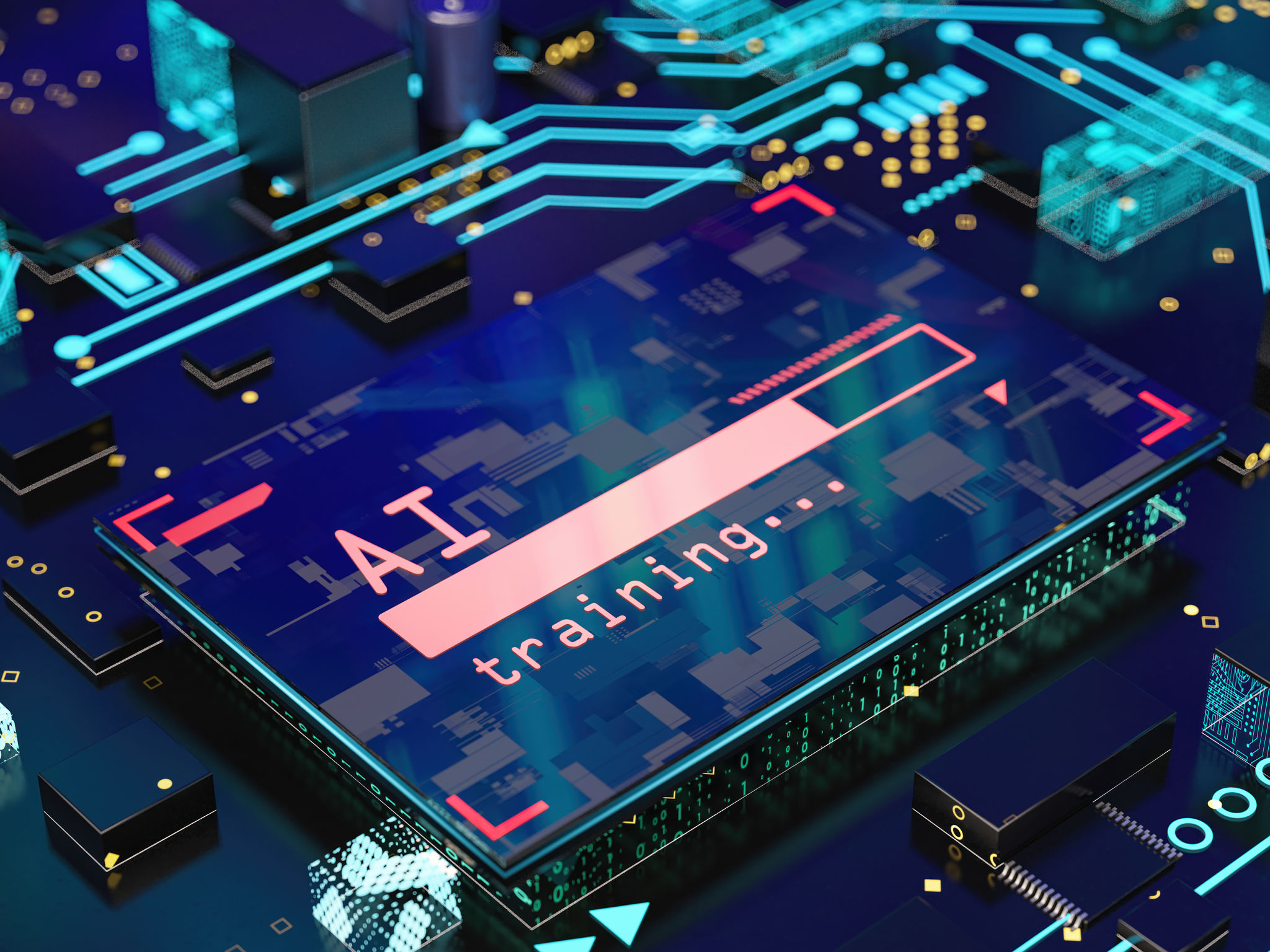The Future of AI Training: What Businesses Need to Know
The Evolving Landscape of AI Training
As the integration of artificial intelligence becomes increasingly prevalent in various industries, businesses must stay informed about the latest advancements in AI training. Understanding how AI models are trained and optimized is crucial for leveraging these technologies effectively. The future of AI training brings forth new challenges and opportunities that businesses need to navigate.

Data Diversity and Quality
The foundation of any successful AI model lies in the quality and diversity of the data used for training. As businesses collect more data, ensuring that this data is representative and unbiased is critical. Data diversity helps in creating robust AI systems that perform well across different scenarios. Investing in data quality improvement processes will be a significant focus for companies looking to enhance their AI capabilities.
Additionally, businesses must consider the ethical implications of data usage, ensuring compliance with regulations such as GDPR and CCPA. Transparency in data collection and usage can build trust with consumers and stakeholders alike.
Advanced Training Techniques
Traditional supervised learning is being supplemented by advanced techniques like reinforcement learning, transfer learning, and unsupervised learning. These methods allow AI systems to learn more efficiently and adapt to new tasks with minimal retraining. For businesses, this means faster deployment of AI solutions and reduced costs associated with training models from scratch.

Moreover, advancements in federated learning are enabling decentralized data processing, which enhances privacy and reduces the need for massive centralized datasets. This approach is particularly beneficial for industries dealing with sensitive information, like healthcare and finance.
Infrastructure and Investment
As AI training becomes more complex, businesses must invest in the appropriate infrastructure to support it. This includes high-performance computing resources, cloud services, and specialized hardware like GPUs and TPUs. Companies need to evaluate their current capabilities and plan for scalable solutions that can accommodate future AI training needs.
Investing in AI infrastructure is not just about hardware; it's also about fostering a culture of innovation and continuous learning. Providing employees with the necessary tools and training will ensure that they can effectively contribute to AI initiatives.

Ethical AI Development
With great power comes great responsibility. As AI becomes more capable, ethical considerations are paramount. Businesses must prioritize ethical AI development by implementing guidelines that prevent bias, ensure accountability, and promote fairness. Creating a governance framework for AI ethics can help organizations navigate potential pitfalls and maintain public trust.
Regular audits of AI systems can identify biases or unintended consequences, allowing businesses to make necessary adjustments proactively. Engaging diverse teams in the development process can also help mitigate bias and lead to more equitable AI solutions.
The Road Ahead
The future of AI training is promising, with continuous innovations shaping how businesses operate. By focusing on data quality, investing in infrastructure, and adhering to ethical standards, companies can harness the full potential of AI. Staying informed about these trends will enable businesses to remain competitive and drive value through advanced AI applications.
Ultimately, collaboration between industry leaders, policymakers, and researchers will be key to navigating the evolving landscape of AI training. Embracing these changes today will position businesses for success in an increasingly AI-driven world.